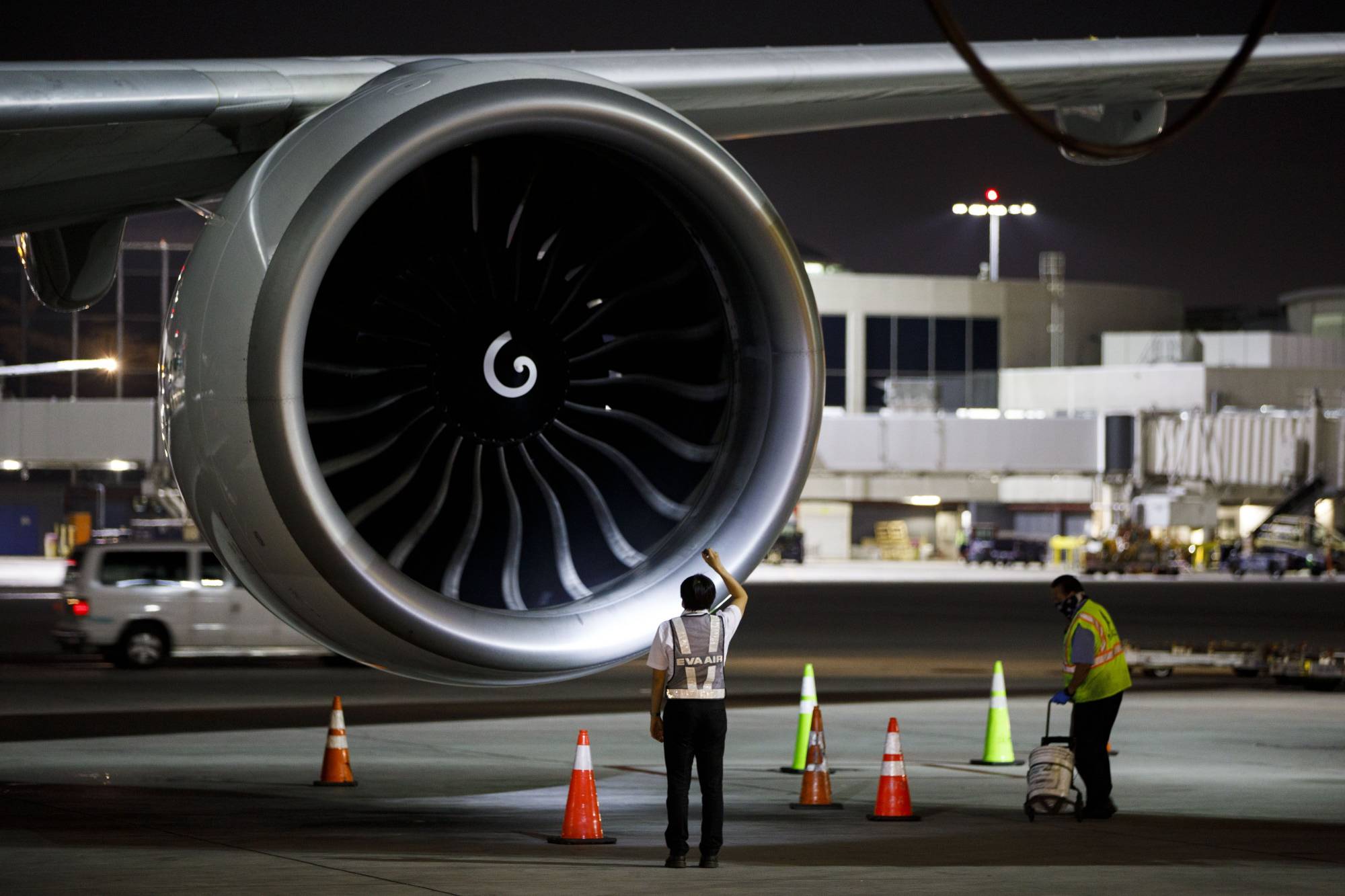A handful of travel-starved Taiwanese people recently boarded a plane at Taipei International Airport that never took off. The flight to nowhere gave passengers an opportunity to dream about vacationing abroad but it was also emblematic of the challenges facing aviation and jet fuel suppliers.
With air travel not expected to return to pre-virus levels until 2023 at the earliest, refiners are caught in a balancing act as they juggle the uneven fuel recovery and what to do about excess jet fuel output. While they can produce more products such as gasoline and diesel, they also face the prospect of adding to gluts, especially with the pandemic raging unabated in many regions.
While jet fuel typically accounts for a fraction of a processed barrel of crude, refiners have a number of options to reduce that further. Processors can split kerosene — the raw ingredient for aviation fuel — into lighter streams to make products such as gasoline or heavier streams for diesel.

















With your current subscription plan you can comment on stories. However, before writing your first comment, please create a display name in the Profile section of your subscriber account page.